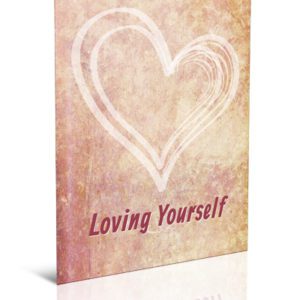Description
Many professionals say that our outer life reflects our inner self. If that is true, hundreds of thousands of us have a psyche that is out of control.
Research from Princeton University found that clutter decreases productivity as the neural circuits in the brain have multiple stimuli competing for attention. The more ‘stuff’ on your desk (or in your home), the more difficult it is for your brain to focus on the task at hand.
Does clutter affect your life? If so, be honest and gentle with yourself – adding shame to the problem only makes it harder.
Disorganization and clutter cause many challenges, including:
- Personal health – stressandsometimes illness or injury
- Mental health – mood, overstimulation and hyperarousal, stress, shame, and self- defeating thoughts or behaviors
- Time management issues – wasted time looking for things and decreased productivity
- Relationships – strained relationships, including spouse or partner, housemates and children, as well as social relationships
- Career – decreased productivity, increased stress, lack of attention to detail, and time management issues
- Finances – buying multiples, buying things you don’t need, paying people to help you get and stay organized
The list continues…
Also remember that most things exist on a continuum (mild, moderate, severe). You don’t have to be on the extreme end of the spectrum to have a challenge with clutter. Nor do you have to experience clutter in every area of your life.
Clutter may not be negatively affecting your social life, but it may still be a challenge if it affects your career, adds stress to your life, or causes strife with your family members.
This ebook focuses on:
- Identifying the many issues related to clutter
- Strategies to correct and manage clutter
- How to get housemates and family members on board
- Letting go of things
- Staying and correcting the course











Reviews
There are no reviews yet.